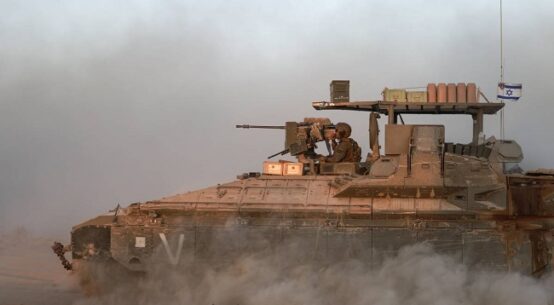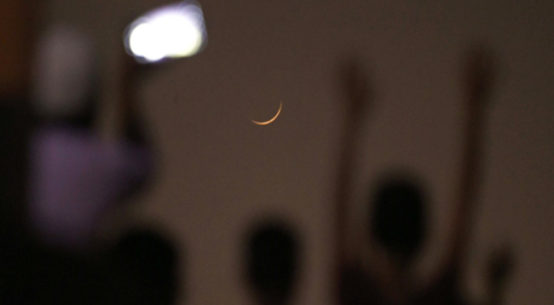US Secretary of State Antony Blinken is visiting key regional ally South Korea on Thursday for talks set to focus on security, as North Korea ramps up military cooperation with Russia.
Blinken arrived in Seoul late Wednesday after the G7 foreign ministers’ meeting in Tokyo and a whirlwind tour of the Middle East, on his first visit to South Korea since President Yoon Suk Yeol took office last year.
The top US diplomat is set to hold talks with South Korean counterpart Park Jin and is expected to pay a courtesy call to Yoon.
The security implications of growing Moscow-Pyongyang military cooperation will likely top the agenda, US officials have said.
Kim Jong Un and Vladimir Putin held a September summit in Russia’s far east, a meeting that was soon followed by repeated arms transfers, with Seoul saying Pyongyang had sent one million artillery rounds to further Moscow’s war in Ukraine in exchange for satellite technology know-how.
“We’re deeply concerned about what Russia is providing Pyongyang in return for the weapons and munitions that it’s getting,” Blinken said in Tokyo.
Russia and North Korea, historic allies, are both under a raft of global sanctions — Moscow for its invasion of Ukraine, and Pyongyang for its testing of nuclear weapons.
North Korea is also eager to put a military spy satellite into orbit, having failed twice so far this year, with preparations for another attempt in the final stages, and success more likely after Moscow’s help, Seoul has said.
– ‘Demonstration of US support’ –
“Given this renewed cooperation between North Korea and Russia, South Korea understandably wants a demonstration of US support and a reaffirmed US commitment to uphold UN sanctions, and this visit is designed to do that,” Benjamin A. Engel, a professor at Seoul National University, told AFP.
The G7 also slammed Pyongyang’s arms transfers to Russia, saying Wednesday that they violated UN Security Council resolutions.
The Kremlin said last month there was “no proof” North Korea was sending it weapons.
Blinken’s visit will be followed by a trip by US Secretary of Defence Lloyd Austin, as Seoul and Washington ramp up their own defence cooperation.
Last month, a US nuclear-weapons-capable B-52 bomber made a rare landing in South Korea, less than a week after a South Korean port visit by the nuclear-powered aircraft carrier USS Ronald Reagan.
Blinken’s trip is “further evidence” of a strengthened bilateral alliance, said Leif-Eric Easley, a professor at Ewha University, who also pointed to Seoul’s growing cooperation with Japan.
“Washington and Seoul are not only coordinating bilaterally on North Korea, they are preparing a trilateral response with Tokyo to Pyongyang’s next provocation,” Easley told AFP.
Seoul, a major arms exporter, is also expected to come under pressure from Washington to do more to help Ukraine, with the South standing by a longstanding policy barring it from selling weapons into active conflict zones.
“As conflict in the Middle East and Russia’s war in Ukraine reverberate around the world, upgraded alliance cooperation must be increasingly global in scope,” said Easley.


